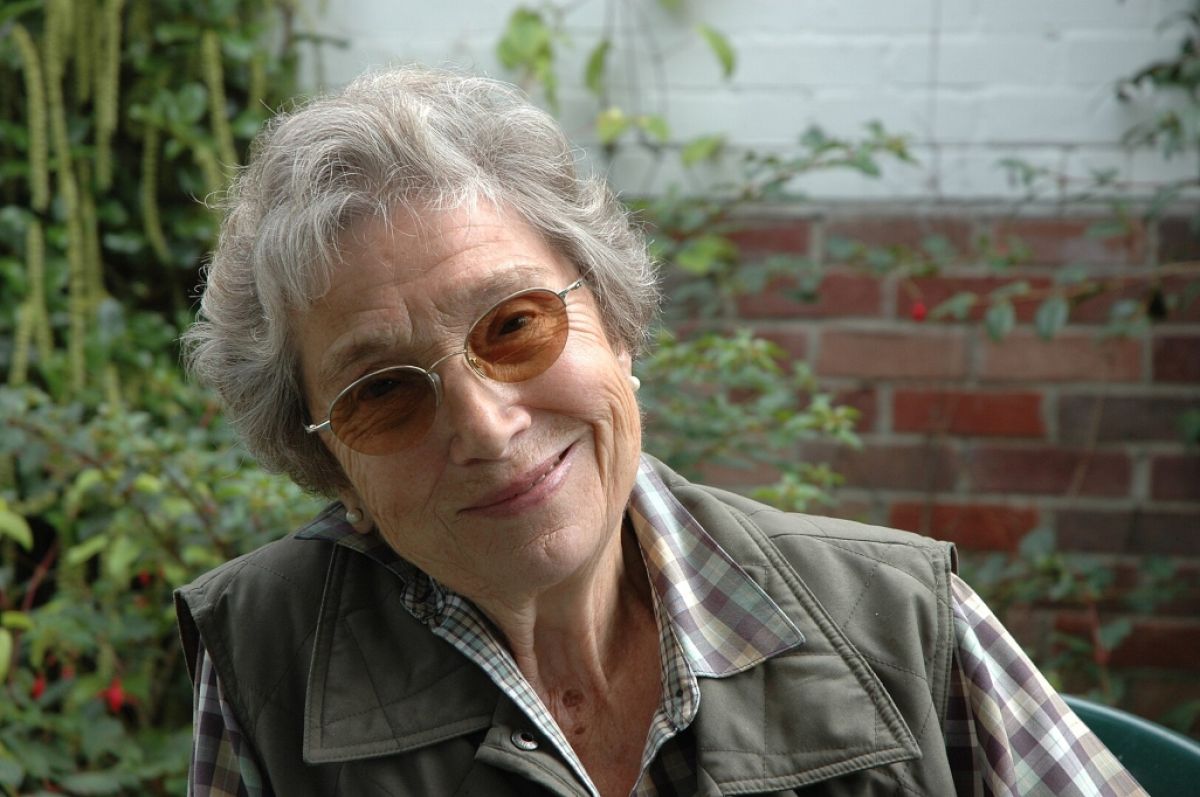A famous British woman gardener, who began her garden in the 1960s, is Beth Chatto. She started her garden on a wasteland in Essex because no one wanted the land for farming. Beth was an ecologist and knew how to select plants that are adaptable to any conditions.
Where the soil was dry and thin she used Mediterranean-type specimens such as euphorbias, verbascums, and salvias. She dammed up a spring in a low-level spot to make ponds that she edged with ferns, gunnera, hosta, water irises, and forget-me-nots.
In a spot that had been a gravel car park she placed drought-tolerant specimens such as alliums, lavenders, herbs, and plants with taproots that can go deep into the soil for moisture, such as cone flowers. They thrived despite the fact that the rainfall in that area is among the lowest in Britain—only 24 inches per year.
Beth also had a nursery where visitors could select plants to suit any type of conditions. Her advice to her customers was not only based on ecologic principles, but free! She knew that if you understood basic ecology, you could find the right plant to thrive under any challenging conditions. Her own garden demonstrated her knowledge, and many visitors came to learn from her.
This is Moya Andrews and today we focused on Beth Chatto.










